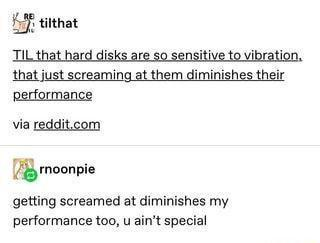Great teams rely on rules, not willpower
In Clear Thinking , Shane Parrish argues (correctly IMHO) that rules can help us achieve our goals because: they remove all the decision making and effort they fight the social default, as, oddly enough, people will be less inclined to argue with someone's rules An example mentioned in the book: my goal is to drink less soda. Instead of going through a sapping decision process every time I go out on whether or not I will drink soda, and maybe have to fight other people pushing back on my decision I can eliminate all this decision making at once by setting a rule instead: I don't drink soda . Now there's nothing left for me to decide, and if someone offers a me a soda, I can decline both politely and definitively (for most people, at least). I don't need to exert my willpower every time to choose the action that will get me closer to my goal of drinking less soda, but I can just rely on the rule to do all the decision-making for me. In my experience I find that the g...
